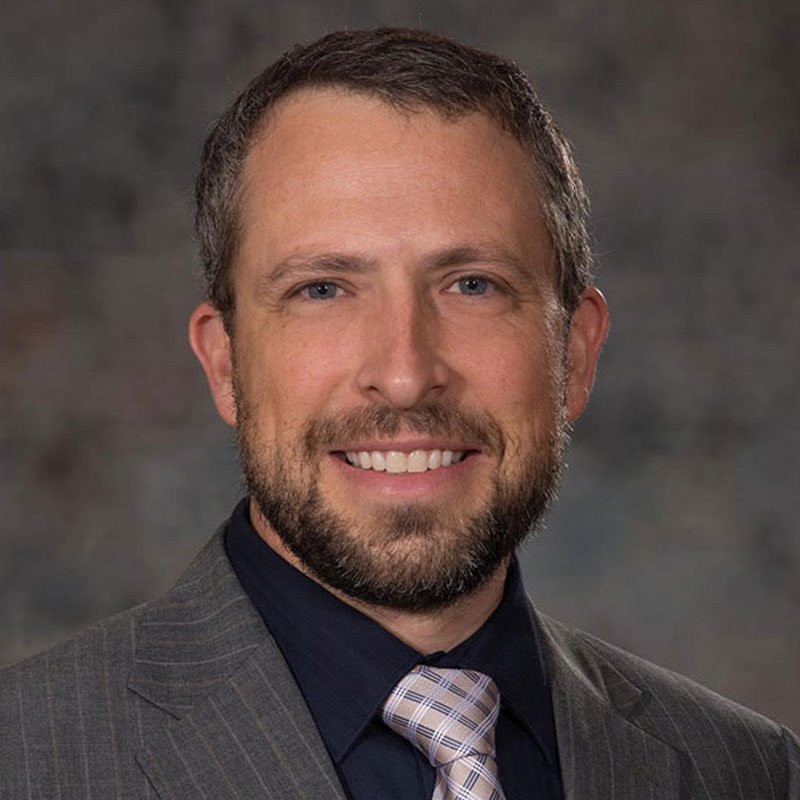Back to Projects List
Unpacking the Black Box of Community College Student Success Programs: Discovering What Works and Why
Research Team
Principal Investigator: Deryl Hatch-Tocaimaza
Funding Information
Funding Agency: Office of Research and Innovation—Layman Award
Award Date: Jun 1, 2015
End Date: May 31, 2016
Abstract
In response to policy pressures for the two-year public college sector to take a more prominent role in boosting college attainment rates, community colleges increasingly look to various types of student success programs, such as first-year seminars, learning communities and orientation programs, among other special interventions, to boost student retention and success.
Research literature on these high-impact practices, as they are often called, largely addresses the question of whether these programs have an impact and to what degree. However, there is little understanding of why or how these programs lead to observed outcomes. To address these limitations, researchers have called for larger-scale studies across multiple sites, which allow for the discovery of causal evidence. At the same time, there is a lack of methodological proposals as to how to accomplish that feat.
This study directly addresses this conceptual and methodological gap through the implementation of a heterogeneous program impact research design. This design uses activity theory as a framework for conceptualizing and comparing multiple instances of student success programs. The research will partition variability in program outcomes among characteristics of the intervention as delivered at the program level and as experienced by the students.
Five psychosocial and college skills outcomes will be inspected:
- Self-efficacy
- Academic-related skills
- Knowledge of campus policies
- Campus engagement
- Peer connections
Data will come from pre- and post-surveys of students, structured interviews with the instructor(s), and inspection of course syllabi.
